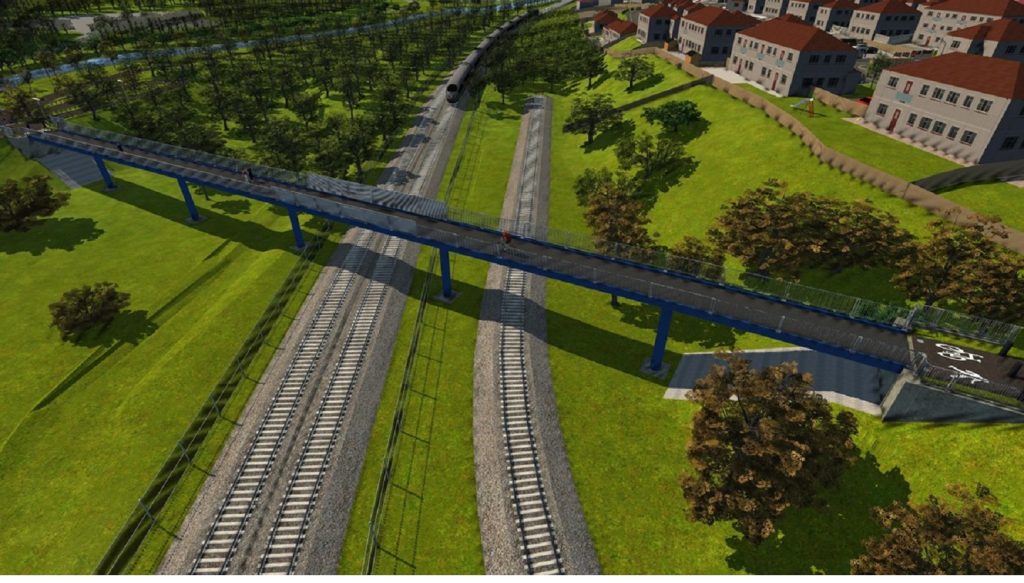Global digital infrastructure company Equinix has announced its plans to develop a $42m data centre, named MB4, in Mumbai, India.
This new facility is expected to enable both local and international enterprises to increase their digital capacity.
According to real estate and investment manager JLL, the domestic data centre market of the country attained 637MW in the first half of 2022 and is predicted to reach 1,318MW by next year.
According to this year's Equinix Global Tech Trends Survey, 85% of IT leaders in India are considering boosting their expenditure on connectivity in the next year.
MB4 is set to expand Equinix’s digital infrastructure capacity in India to address the rising demand for data centres and interconnection services among businesses.
Equinix India's managing director Manoj Paul said: “The increased digitalisation of the economy is constantly driving the need for data centre and interconnection services in India.
“The availability of MB4, expected in Q4 [fourth quarter of] 2023, will allow us to continue serving our customers’ needs in India, enabling them to leverage our interconnection platform for efficient connectivity to multiple cloud service providers, network service providers and other businesses.
“This will help existing and new customers accelerate their digital transformation journey.”
MB4 will provide enhanced connectivity to significant telecom networks, with Metro Connect having access to the Equinix data centre locations of MB1 and MB2.
MB4 is scheduled to open in the fourth quarter of this year after receiving regulatory permissions, with an initial first-phase capacity of 350 cabinets.
Upon completion, the building is projected to accommodate 700 cabinets.















